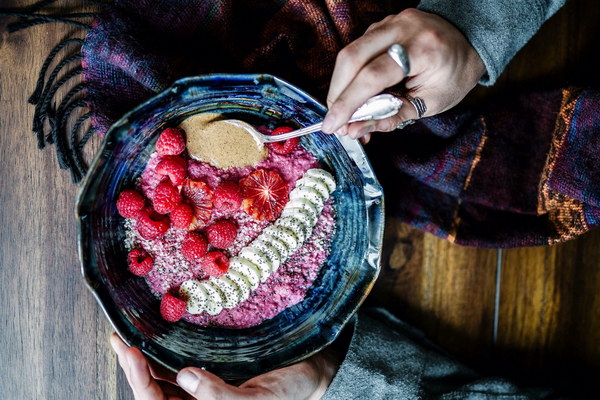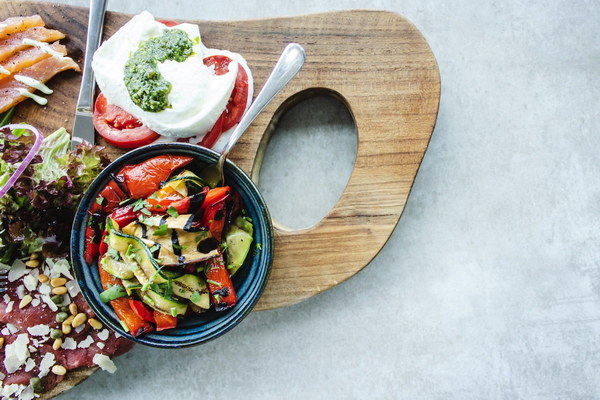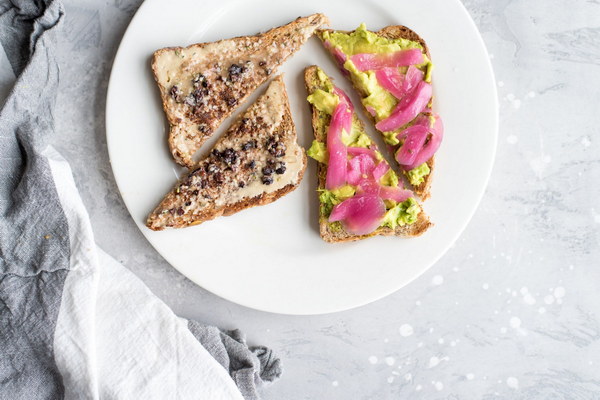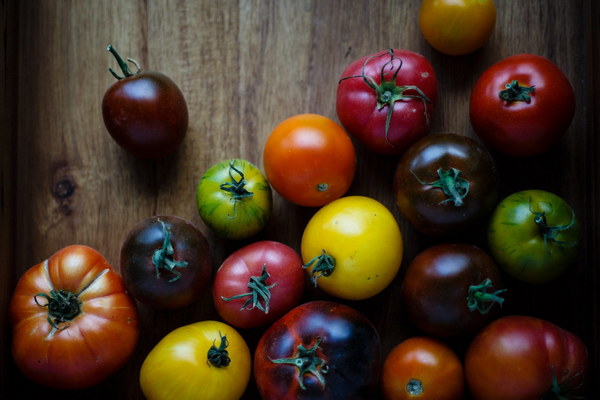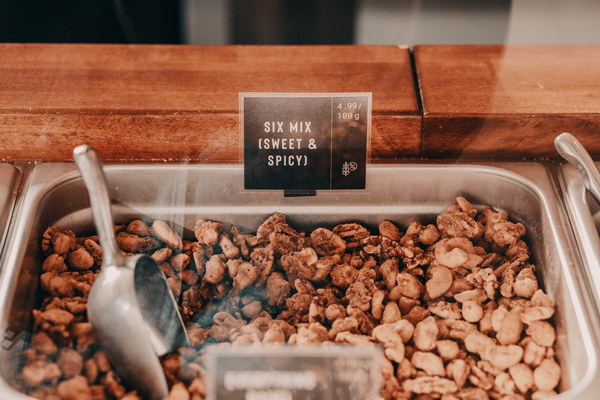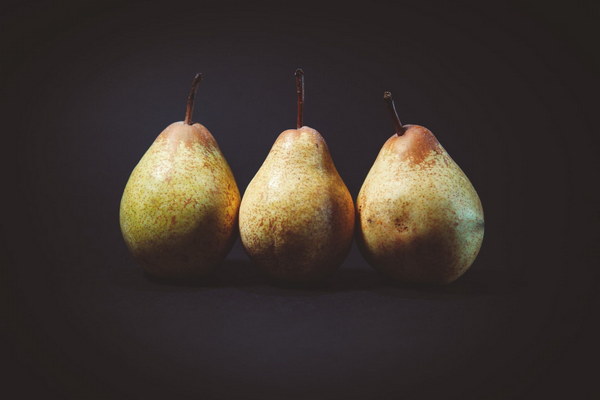Debunking the Myth Does Nourishing Your Spleen Mean Eating Less Vegetables
In the realm of traditional Chinese medicine, nourishing the spleen is a fundamental principle for maintaining good health. However, a common misconception has emerged: the belief that to nourish the spleen, one must eat less vegetables. This article aims to clarify this misconception and provide a balanced perspective on how to nourish the spleen effectively.
The spleen, according to traditional Chinese medicine, is responsible for the transformation and transportation of nutrients, playing a crucial role in the body's digestion and absorption of food. As a result, maintaining a healthy spleen is vital for overall well-being. But does this mean that consuming vegetables should be minimized? Let's delve into this topic further.
Firstly, it is essential to understand that the concept of nourishing the spleen is not about reducing vegetable intake, but rather about choosing the right types of vegetables and incorporating them into a balanced diet. In traditional Chinese medicine, certain vegetables are believed to be more cooling and may burden the spleen, while others are considered more warming and beneficial for spleen health.

Vegetables that are generally considered cooling, such as leafy greens, radishes, and cucumbers, should be consumed in moderation. These vegetables can be beneficial during hot weather or for individuals with a heaty constitution, but excessive consumption may lead to spleen dampness and weaken the spleen's function. On the other hand, vegetables that are warming, such as carrots, sweet potatoes, and winter melon, can help strengthen the spleen and improve digestion.
To nourish the spleen effectively, it is advisable to incorporate a variety of vegetables into your diet, focusing on a balance of cooling and warming properties. Here are some tips for including vegetables in a spleen-nourishing diet:
1. Choose vegetables that are in season, as they are more likely to be fresh and have a balanced cooling and warming nature.
2. Steam or sauté vegetables instead of boiling or frying them to preserve their nutritional value and reduce the cooling effect.
3. Incorporate warming spices, such as ginger, cinnamon, and turmeric, into your vegetable dishes to enhance their warming properties.
4. Pair vegetables with proteins and grains, such as lean meats, fish, tofu, or legumes, to create a balanced meal that supports spleen function.
It is also important to note that other factors, such as cooking methods, food combinations, and individual constitution, play a significant role in spleen health. For example, overeating, consuming cold or raw foods, and excessive stress can all burden the spleen. Therefore, a holistic approach to diet and lifestyle is crucial for maintaining a healthy spleen.
In conclusion, the misconception that to nourish the spleen, one must eat less vegetables is unfounded. Instead, the key is to choose the right types of vegetables and incorporate them into a balanced diet that supports spleen function. By following these guidelines and considering other lifestyle factors, you can effectively nourish your spleen and promote overall health and well-being.
